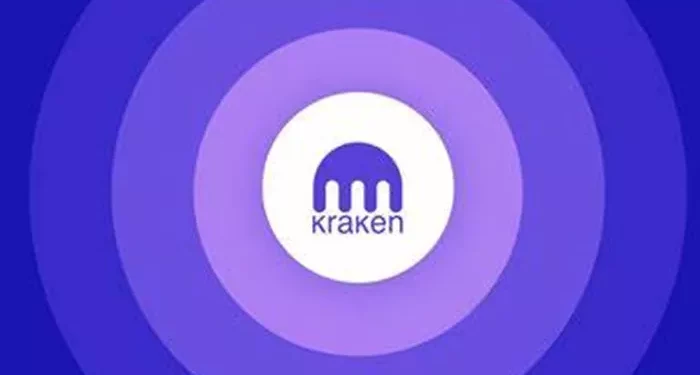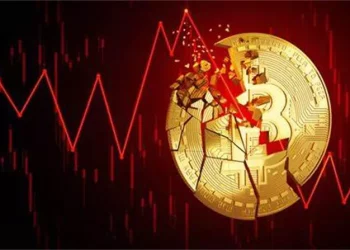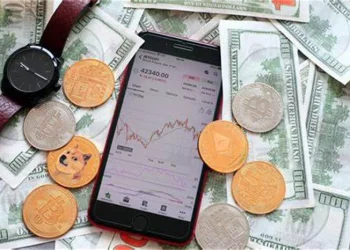Kraken is one of the most well-known cryptocurrency exchanges in the world. Since its founding in 2011, it has gained a reputation for offering a wide range of services, including spot trading, futures trading, staking, and margin trading. As one of the largest and most reputable platforms, Kraken serves millions of users worldwide, including both beginners and experienced traders. One of the most common questions for anyone considering using Kraken is, “How much does Kraken cost?” Understanding the costs involved with Kraken can help you make informed decisions about whether it is the right exchange for you.
In this article, we will break down the fees and costs associated with Kraken, including trading fees, withdrawal fees, and any other charges you may encounter while using the platform. By the end of this article, you will have a complete understanding of how Kraken’s cost structure works.
An Overview of Kraken’s Fee Structure
Kraken uses a transparent fee schedule that is divided into two main categories: trading fees and non-trading fees. These fees depend on several factors such as the type of trade you’re making, your trading volume, and the payment method used for withdrawals and deposits.
Kraken’s fee structure is designed to be competitive, but as with all exchanges, understanding the various costs is essential for any trader. Let’s take a closer look at each of these fees.
1. Trading Fees on Kraken
Trading fees are the primary cost for users of any cryptocurrency exchange. Kraken uses a tiered system to determine its trading fees, which means that the more you trade, the lower your fees become. These fees are applied to both makers and takers, though the fees differ depending on whether you’re adding liquidity to the market (maker) or removing liquidity (taker).
Maker and Taker Fees
Kraken charges different fees depending on whether you’re a maker or a taker:
Maker Fees: Makers are users who place orders that do not immediately match with existing orders in the order book. In other words, makers add liquidity to the market. On Kraken, makers generally pay a lower fee than takers because they help facilitate smoother market operations. For example, if you place a limit order that doesn’t get filled immediately, you are acting as a maker.
Taker Fees: Takers are users who place orders that immediately match with existing orders in the order book. Takers remove liquidity from the market and, as a result, they are charged a slightly higher fee.
2. Non-Trading Fees on Kraken
While trading fees are the most significant cost for most users, Kraken also charges non-trading fees for activities such as deposits and withdrawals. These fees vary depending on the payment method and the cryptocurrency being deposited or withdrawn.
Deposit Fees
Kraken offers a variety of ways to deposit funds into your account, including fiat deposits (using traditional currencies such as USD, EUR, or GBP) and crypto deposits (sending cryptocurrencies from an external wallet). The fees for deposits depend on the payment method.
Bank Wire Transfers: For users depositing USD, EUR, and other fiat currencies via wire transfer, there is usually a fee depending on the method of transfer. For example, USD wire deposits typically come with a $5 fee, while EUR wire deposits may come with a €10 fee. Bank transfers are typically free for larger transfers.
SEPA Transfers (EU): For users in the EU, SEPA transfers are a convenient and inexpensive way to deposit euros into Kraken. SEPA transfers are generally free for users within the EU, but international fees may apply.
Crypto Deposits: Depositing cryptocurrencies such as Bitcoin or Ethereum into your Kraken account is typically free, but the blockchain network fees (miner fees) may apply. These fees are paid to the miners of the blockchain network and not to Kraken itself.
Withdrawal Fees
Kraken also charges withdrawal fees, which vary depending on the type of asset being withdrawn. These fees generally depend on network fees for cryptocurrency withdrawals and bank processing fees for fiat withdrawals.
Cryptocurrency Withdrawals: The withdrawal fees for cryptocurrencies are based on the network fees for each coin or token. For example, withdrawing Bitcoin might have a fee of 0.0005 BTC, while withdrawing Ethereum could cost 0.005 ETH. These fees fluctuate with the network congestion and can vary significantly depending on the cryptocurrency being withdrawn.
Fiat Withdrawals: Kraken offers several methods for fiat withdrawals, including wire transfers and other payment services. The fees for fiat withdrawals typically range from $5 to $25, depending on the method used and the currency. SEPA and other domestic transfers are usually less expensive, while international wire transfers tend to have higher fees.
3. Margin Trading Fees
Kraken also offers margin trading, which allows users to borrow funds in order to increase their exposure to the market. The fees for margin trading include the interest rate charged on borrowed funds, as well as any additional fees for using leverage.
Interest Rates on Borrowed Funds: When margin trading, Kraken charges interest on the funds borrowed. The interest rate varies depending on the currency pair and the amount borrowed. For example, interest rates on borrowed USD may be as low as 0.02% per day, while borrowing other cryptocurrencies may have different rates. These rates can change depending on market conditions.
Fees for Leverage Trading: Kraken also charges a small fee for using leverage. This fee is added to the interest rate and typically reflects the increased risk of leveraged positions.
4. Staking Fees
Kraken also offers staking services, which allow users to earn rewards for participating in the validation process of certain blockchain networks. Staking is available for several popular cryptocurrencies, including Ethereum, Polkadot, and Cardano.
Staking Rewards Fees: Kraken charges a fee on staking rewards, which is typically around 15% of the rewards earned. This fee helps cover the operational costs of maintaining Kraken’s staking infrastructure.
5. Other Fees to Consider
While Kraken has a transparent fee structure, there are a few additional fees to be aware of when using the platform:
Account Maintenance Fees: Kraken does not charge monthly or annual account maintenance fees, so there are no ongoing costs to keep your account open.
Inactive Account Fees: Kraken may charge an inactivity fee if your account has been inactive for a prolonged period (usually a year or more). This fee is typically around $5 per month, but it only applies if your account has a balance.
Conclusion
Kraken’s cost structure is competitive and transparent, with a variety of fees that depend on the type of transaction you’re making and the volume of your trades. Trading fees are relatively low compared to many other exchanges, particularly for higher-volume traders. Kraken also offers a variety of deposit and withdrawal options, each with its own associated fees, and provides margin trading, staking, and futures trading, each of which comes with its own set of costs.
For the average user, Kraken’s trading fees are some of the most affordable in the industry, especially for users who engage in regular trading. By understanding how the platform charges for its services, users can make informed decisions about how to manage their trading activities and minimize costs.
Whether you are a beginner or an experienced cryptocurrency trader, Kraken’s cost structure offers significant flexibility and opportunities for cost savings based on your trading volume and activity. Always make sure to check the latest fee schedule on Kraken’s website to stay updated on any changes to fees or service offerings.
Related topics:

















